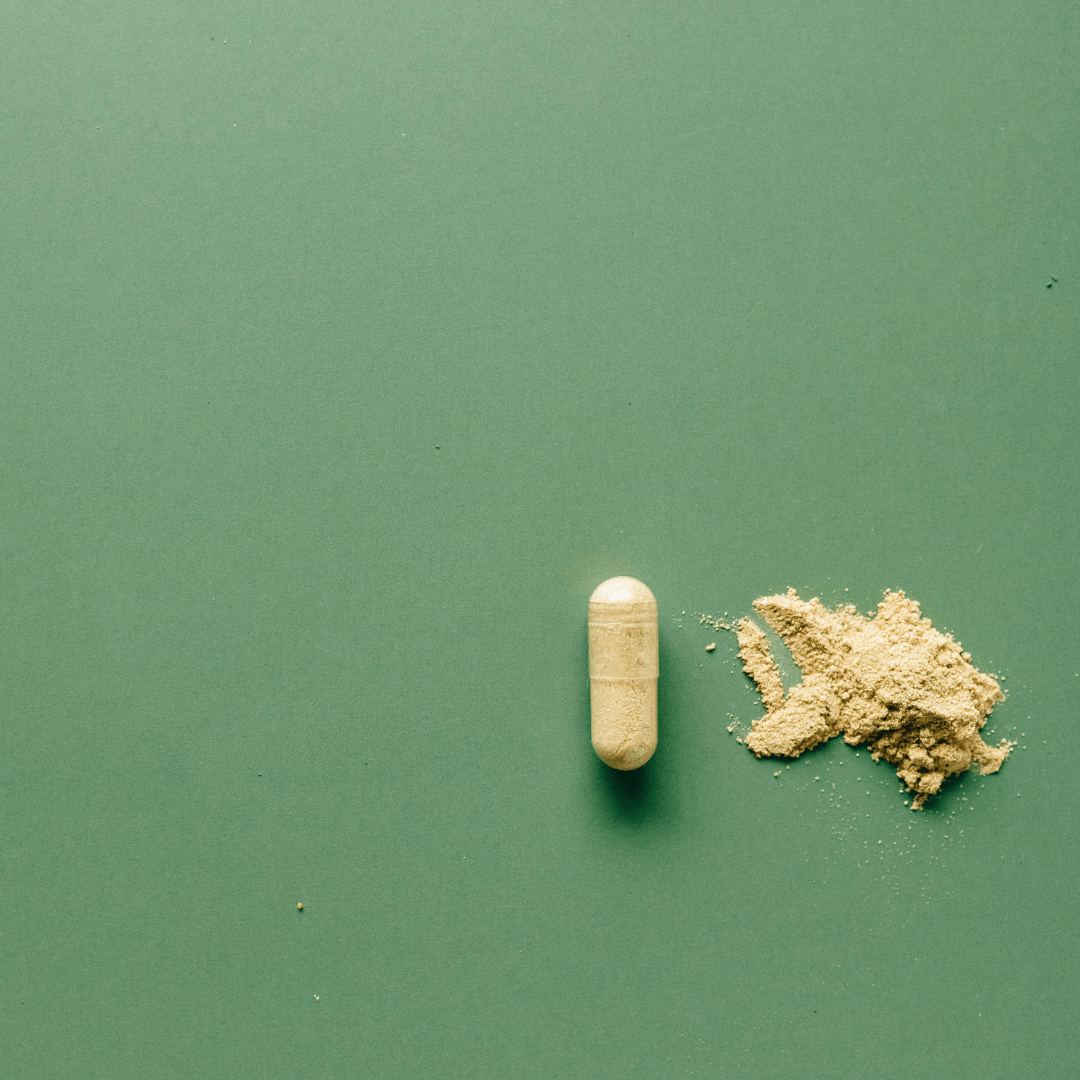How Clinicians Can Step Into the Future of PTSD Treatment With MDMA Therapy
Published: June 6th, 2025

Previously, we explored the growing momentum behind MDMA-assisted therapy for PTSD and why the rising demand for trained doctors is creating major opportunities in this field. Now, let’s talk about what’s next
Because the truth is: patients are in need of innovation. The data is promising. And yet, few clinicians in North America are trained to provide it.
This isn’t just about access, it’s about a system that hasn’t caught up with the science yet.
The Supply-Demand Gap: A Treatment Patients Want, But Few Can Offer
The reality is, most professionals haven’t had the chance to truly consider this therapy. It wasn’t taught in school or included in practicums. For many, it still feels unfamiliar or misunderstood.
But this isn’t recreational use. It’s controlled, clinical, and backed by decades of research. And that’s exactly why a shift is happening.
Your voice and your presence are what can help shape reimbursement policies and expand access through pilot programs and research-based models.
There’s also a gap in education. To expand, this innovative therapy method needs interest from smart, qualified mental health professionals like yourself, which can be acted on using clear, evidence-based training. That’s why our platform exists: to equip curious, ethical professionals with the tools, science, and support to deliver this treatment safely and effectively.
If more providers had this training, more patients could get the care they desperately need. That’s the opportunity.
What About Legality and Safety? (FAQ)
We hear these questions often. Here are the facts:
Is this legal?
Yes. MDMA-assisted therapy is legal in Canada and the U.S. through approved clinical trials and Canada’s Special Access Program. MDMA has been used safely in clinical research across Canada, the United States, and many other countries. Through Canada’s Special Access Program (SAP), qualified practitioners can apply to legally treat approved patients with MDMA-assisted therapy
Is it safe?
In both SAP and clinical setting, yes. Patients are carefully screened. Doses are controlled. Sessions are supervised by trained professionals.
Isn’t this controversial?
While once controversial, MDMA-assisted therapy is now gaining serious recognition. Leading researchers, top medical institutions, and government agencies are increasingly acknowledging its transformative potential in the future of mental health care. In the United States, bipartisan support for psychedelic-assisted therapies continues to grow, reflecting a broader shift in how innovative treatments like MDMA are viewed at both clinical and policy levels.
The Opportunity: Healing Where Nothing Else Has Worked
You don’t need to become a psychedelic advocate. But if you’ve ever felt stuck with a patient—if you’ve seen the limits of your tools—this therapy method is worth understanding.
For patients with treatment-resistant PTSD, MDMA-assisted therapy has the potential to unlock progress that standard modalities have never achieved, improving the quality of life for many.
Like any powerful treatment, MDMA therapy requires caution, training, and a deep understanding of its risks. But for many patients, especially those with treatment-resistant PTSD, it offers a chance at real healing when nothing else has worked. This has potential unlike anything we’ve had before.
With growing patient demand and expanding research support, Canada’s MDMA-assisted therapy landscape is evolving; clinicians can now access legal pathways through Health Canada’s Special Access Program and prepare their practices through certified training programs to meet this rising need.
So, What Can You Do Next?
Here’s how any licensed clinician in Canada can start integrating this into their work—ethically, safely, and confidently:
Learn the Science
- Access free research digests and clinical case studies
- Read landmark trials published in Nature, JAMA Psychiatry, and by MAPS
- Take introductory webinars and white paper briefings
Get Trained
- Enroll in CME-accredited courses (like ours) that focus on MDMA for trauma
- Learn clinical protocols, safety measures, and patient selection
- Earn certification from organizations like Therapsil
Join a Community
- Participate in forums and peer-led discussion groups
- Connect with clinics, trial sites, and teaching hospitals
- Learn from the clinicians already doing this work
Explore Partnerships
- Collaborate with organizations building Canadian infrastructure
- Partner with institutions and networks that are building the clinical, regulatory, and research infrastructure needed to expand access to MDMA-assisted therapy.
- Support advocacy efforts for patient access and funding
- Support efforts that drive policy change, insurance coverage, and public funding to make psychedelic therapies more accessible to those who need them most.
- Build a multidisciplinary network to support patient needs
- Develop connections with psychiatrists, therapists, primary care providers, and researchers to create a comprehensive, patient-centered approach to care.
Stay Connected
Stay updated on PSYCADEMY’s psychedelic updates—sign up for our newsletter!
You can unsubscribe at anytime.
